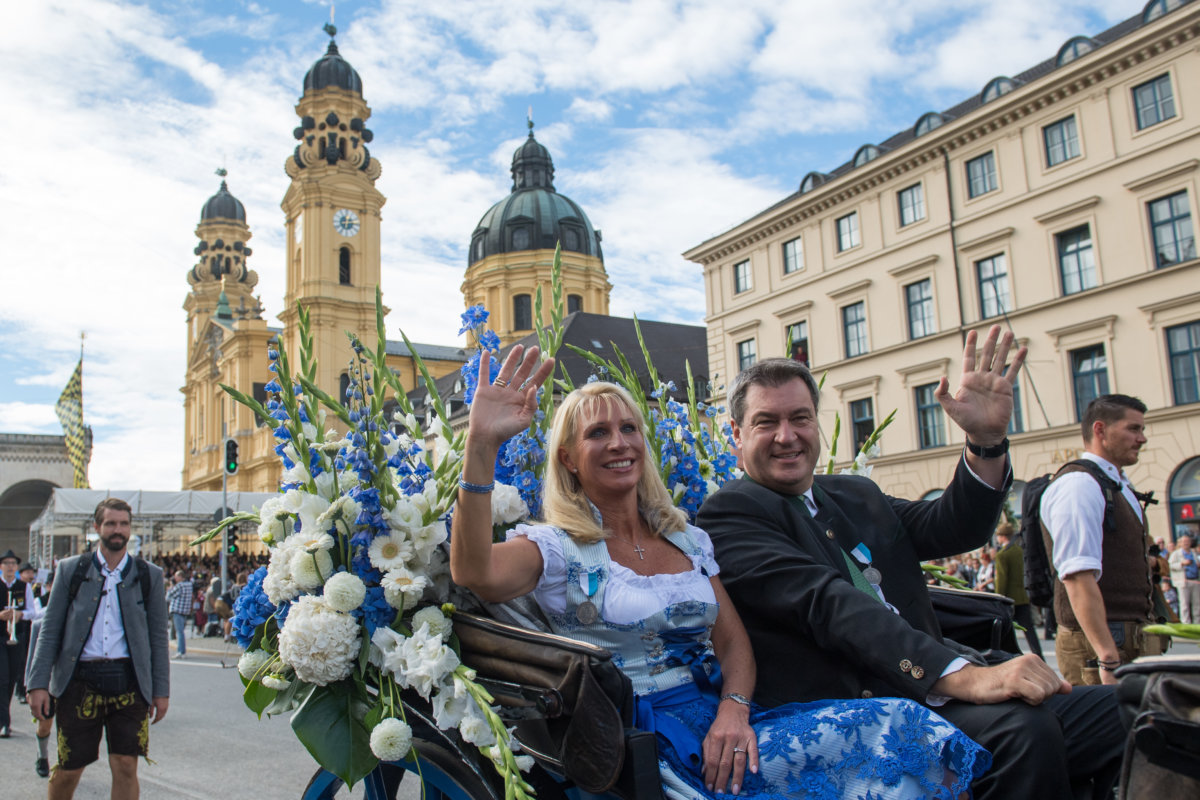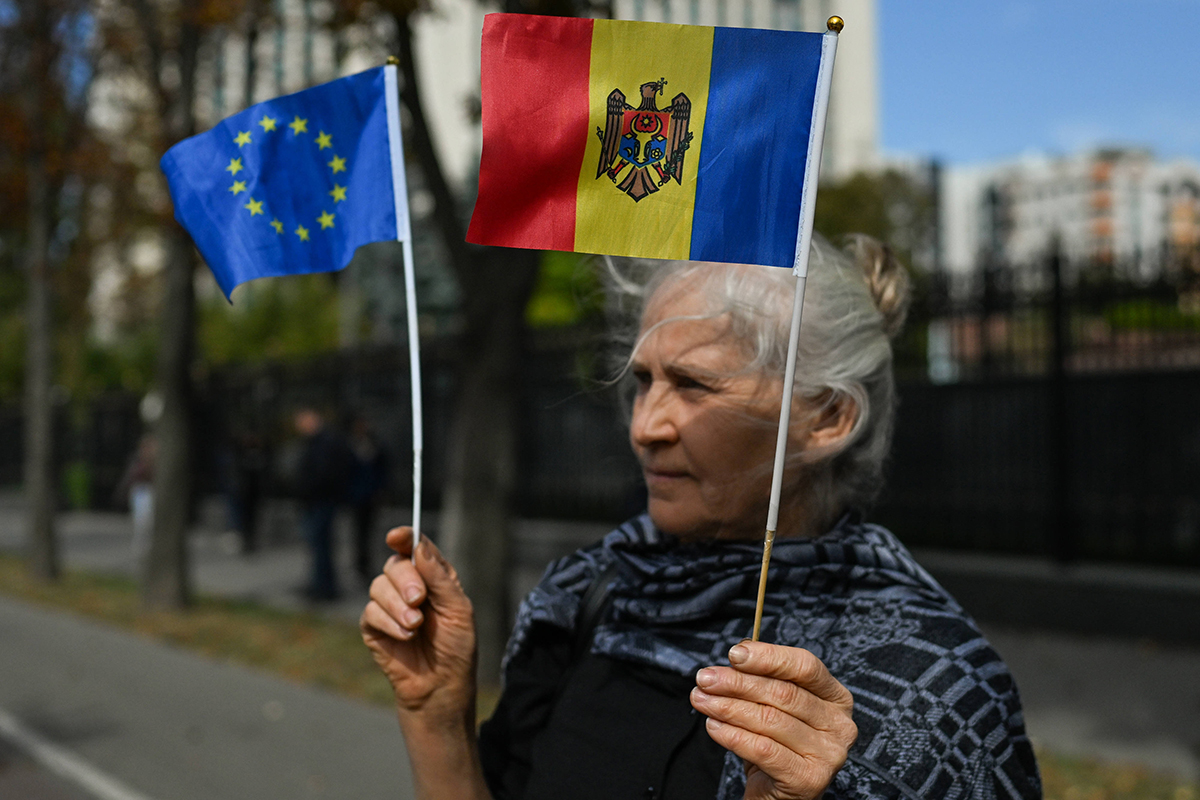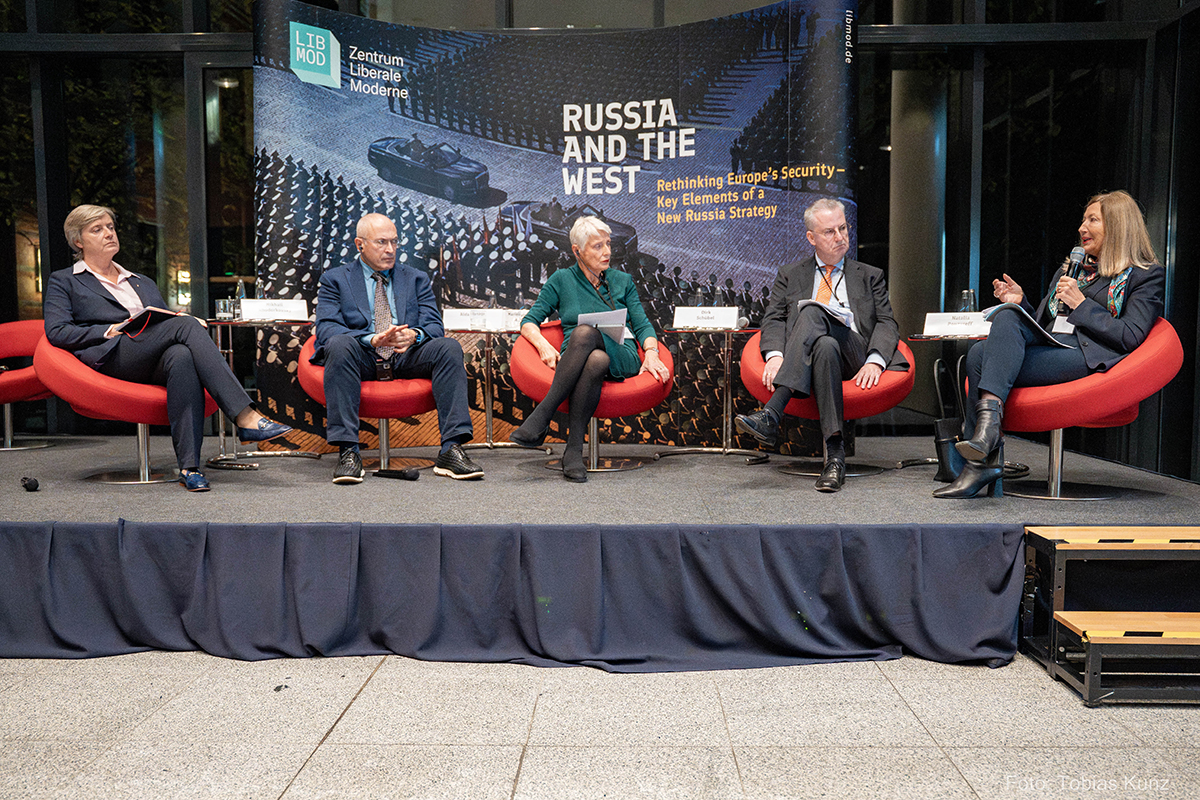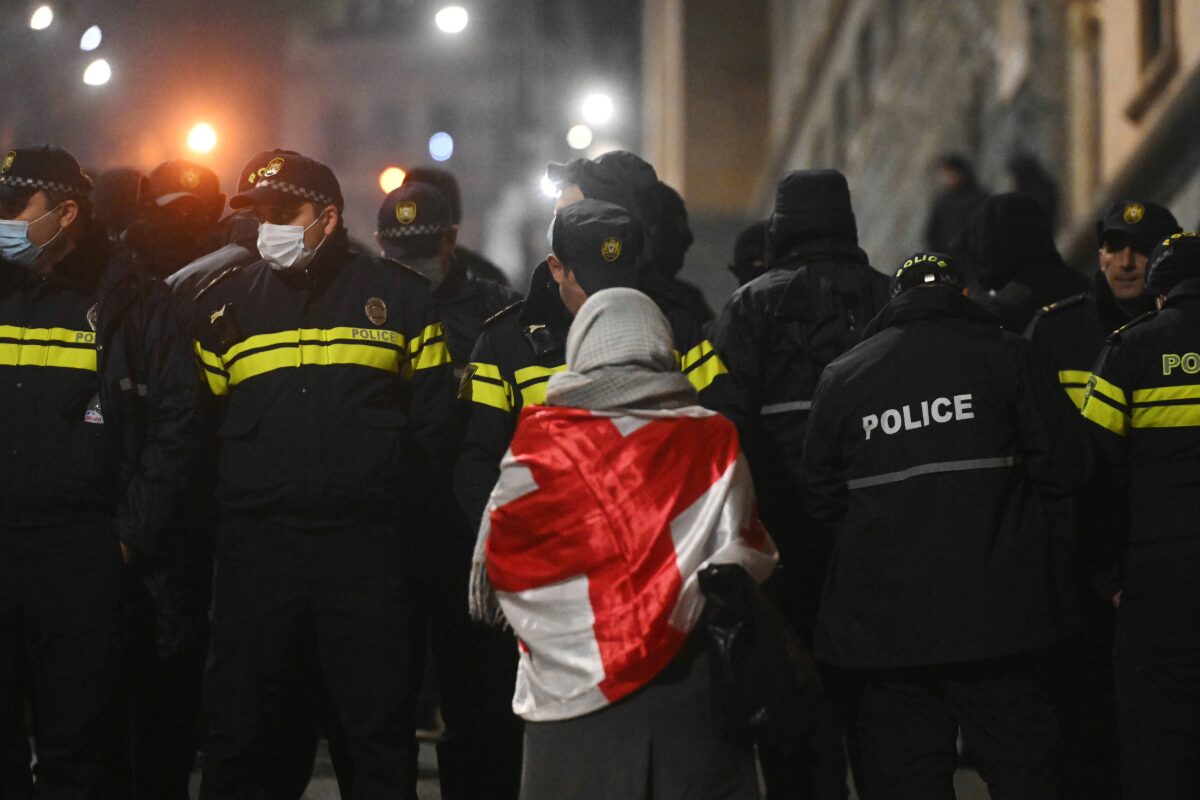Notes From Berlin — A Political Earthquake in Bavaria
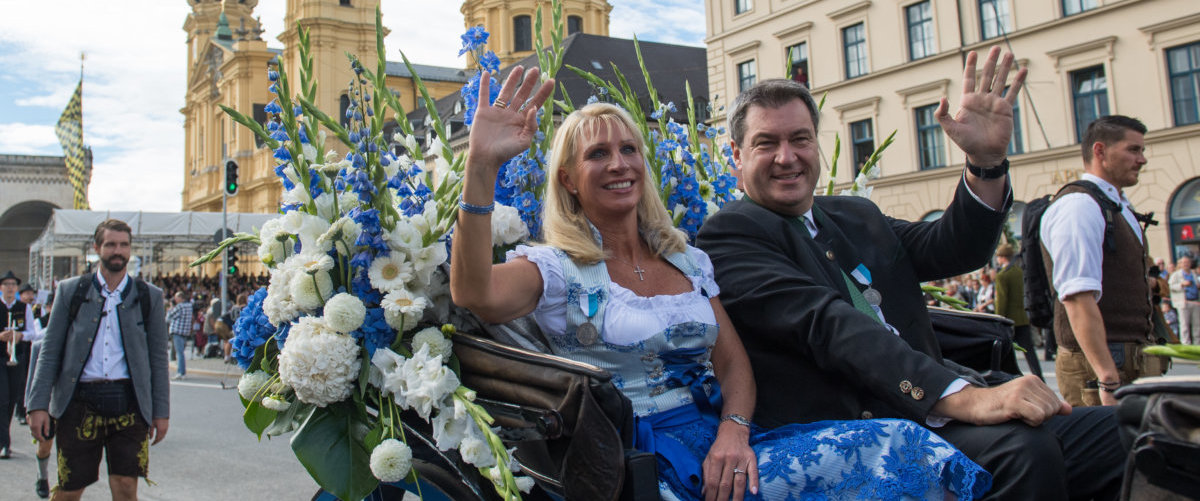
A summary of the elections in Bavaria, one of the major German states with more then 9 million voters.
The long-term ruling Christian-Social-Union, a sister of Merkel’s CDU, lost its absolute majority and 10.4 percent of votes. The Social Democrats suffered an even more devastating loss and ended with 9.7 percent at the fifth place.
Winners of the day were the Greens. They doubled their vote up to 17.5 percent and became the strongest party in the Bavarian capital Munich and other major cities. The right-wing populist “Alternative for Germany” (AfD) finished with 10.2 percent. A Bavarian speciality, the so called “Free Voters” (Freie Wähler), got 11.6 percent. They are a kind of buffer party between CSU and AfD, also advocating a very restrictive migration policy.
The most probable outcome will be a coalition between the CSU and the “Free Voters”. That would allow the current Minister President to stay in power without significantly changing his policies. And it would avoid a “black-green” coalition that many people would find an interesting experiment, but would challenge the traditional mind set of both parties.

Beyond the shake up of the regional political landscape, the outcome of the Bavarian election will weaken the coalition between the Christian Democrats (center-right) and Social Democrats (center left) in Berlin even further. The SPD is in a desperate mood, and the internal fighting between the CDU and CSU will go on. As poll results of the CDU are going down, too, Angela Merkel is increasingly being questioned from within.

Until the next major regional elections in the state of Hessia in two weeks from now, no major decisions will be taken. But prospects are increasing that the current “Grand Coalition” will break apart before half time.
These are bleak prospects for Germany’s capacity to act in the international and domestic arena in the near future: stagnation instead of leadership. Hence, don’t expect any major initiatives particularely with regard to the reform of the Euro zone, European refugee policy or containing Putin. For the time being, we are playing defense.
To end with a more positive note: last Saturday a huge march for an open society took place in Berlin – more then 150.000 (some estimates say more then 200.000) participants calling for an inclusive, fair society and European solidarity.
Ralf Fücks is managing partner of the Center for Liberal Democracy, a new think tank and policy network in Berlin
![]()
Related Content
Subscribe our Newsletter
Receive news about our topics regularly with our LibMod newsletter in German language.
